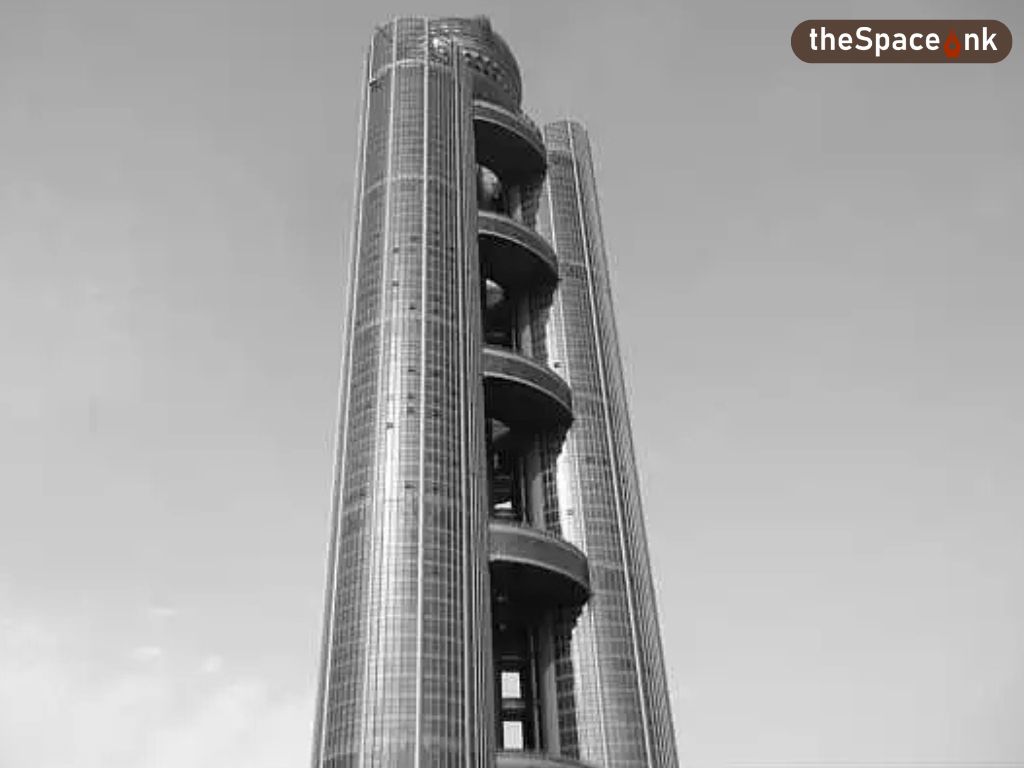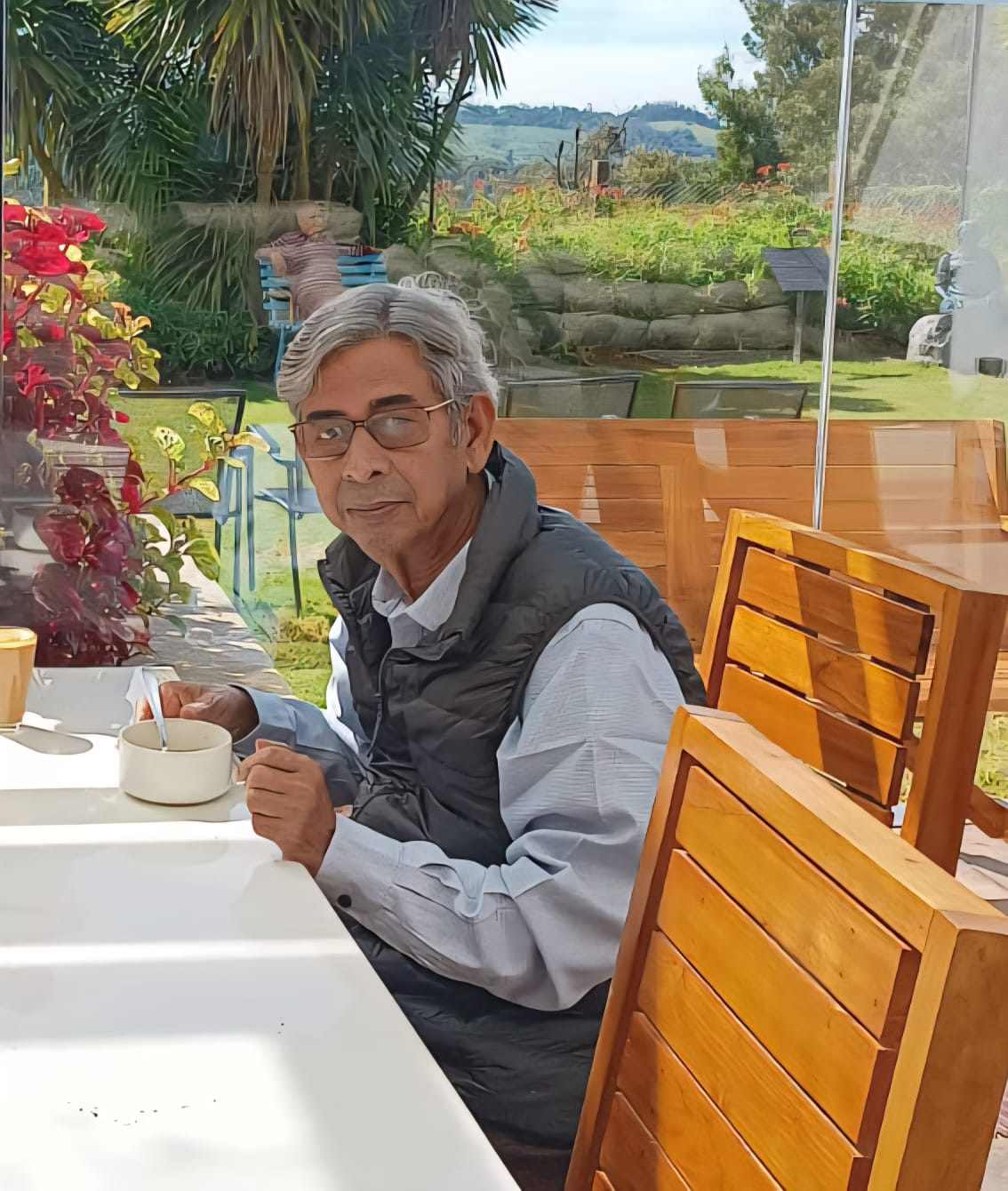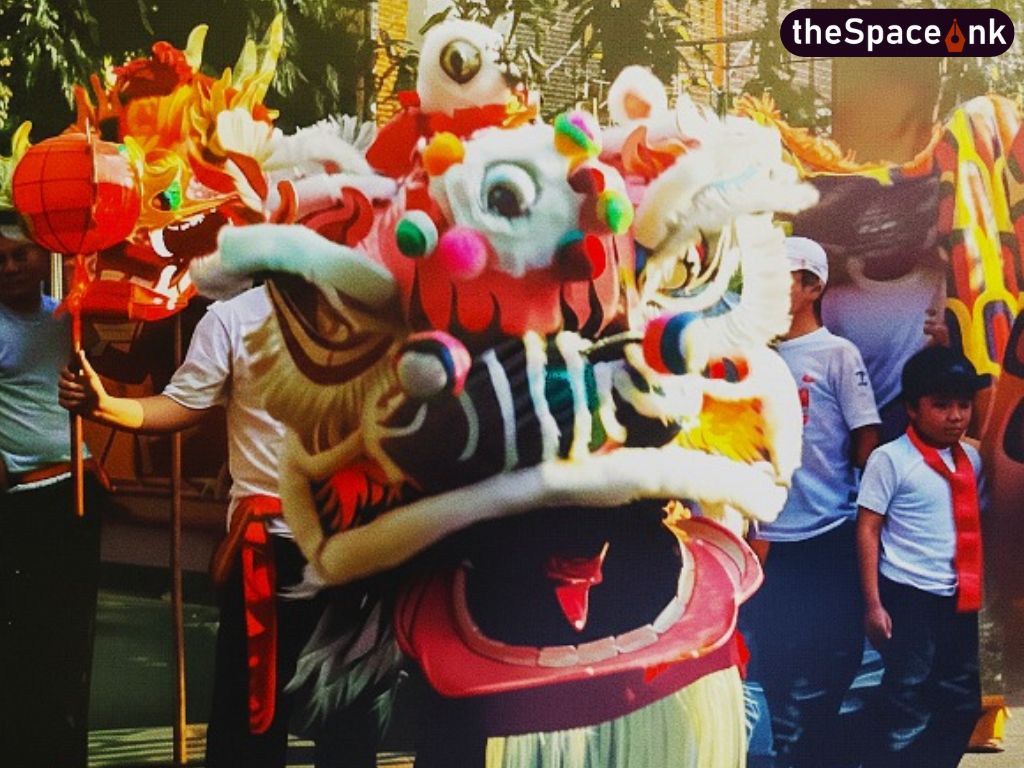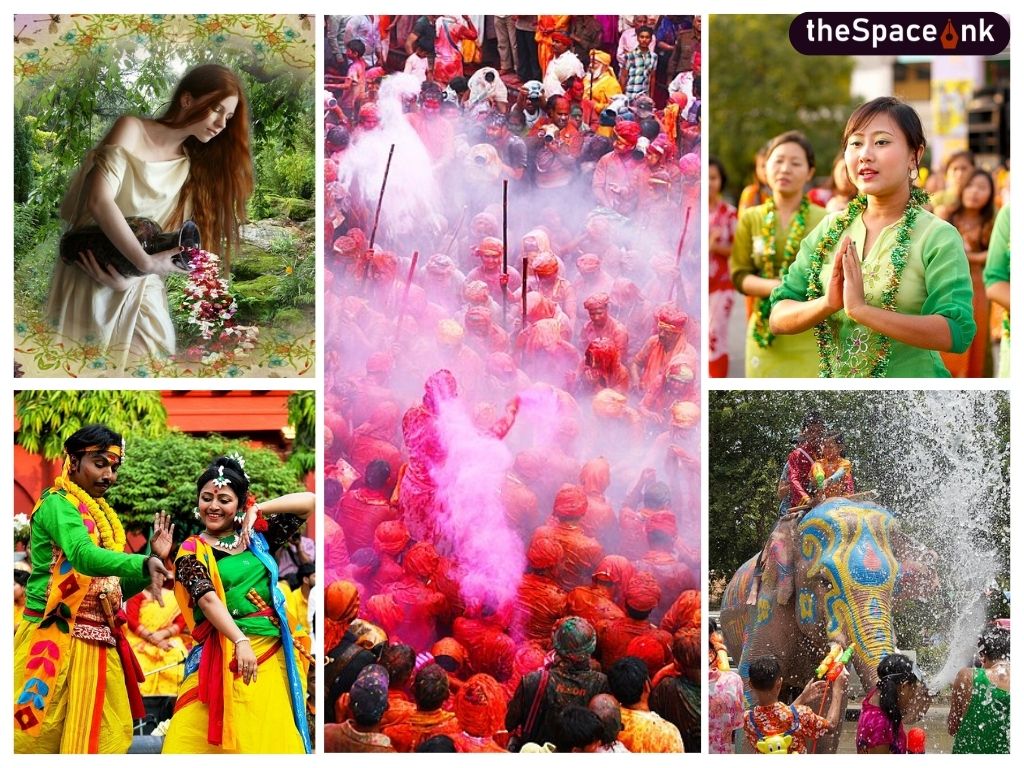(Huaxi)
To return to my second visit to Huaxi, Kevin fixed the journey tickets and our hotel accommodation in the village. He too was excited to visit the “richest village” in China. Before we reached Huaxi, we stopped at another famous village, Xiaogangcun in neighbouring Anhui province, for a night. This village made history in China by defying the Chinese Communist Party and breaking away from the old “commune” system. It was a daring challenge to the party’s authority way back in 1978,that could lead to a death penalty for the villagers. But they risked it in order to escape the unending cycles of famines, floods and gruelling poverty. That, however, is a fascinating story by itself and needs separate chronicling.
Also Read: Visiting China’s Richest Village (Part: 1)
From Xiaogangcun to Huaxi was not a long drive but the two villages were like two different worlds under the same Chinese sky. Xiaogangcun was a thing of the past, a ghost village deserted by all who could. It attracted occasional researchers and foreign tourists because of its unique history in the evolution of China’s rural economy and social life. But that apart, life there is languid, uneventful and depressing for the few villagers who had been forced to stay on.
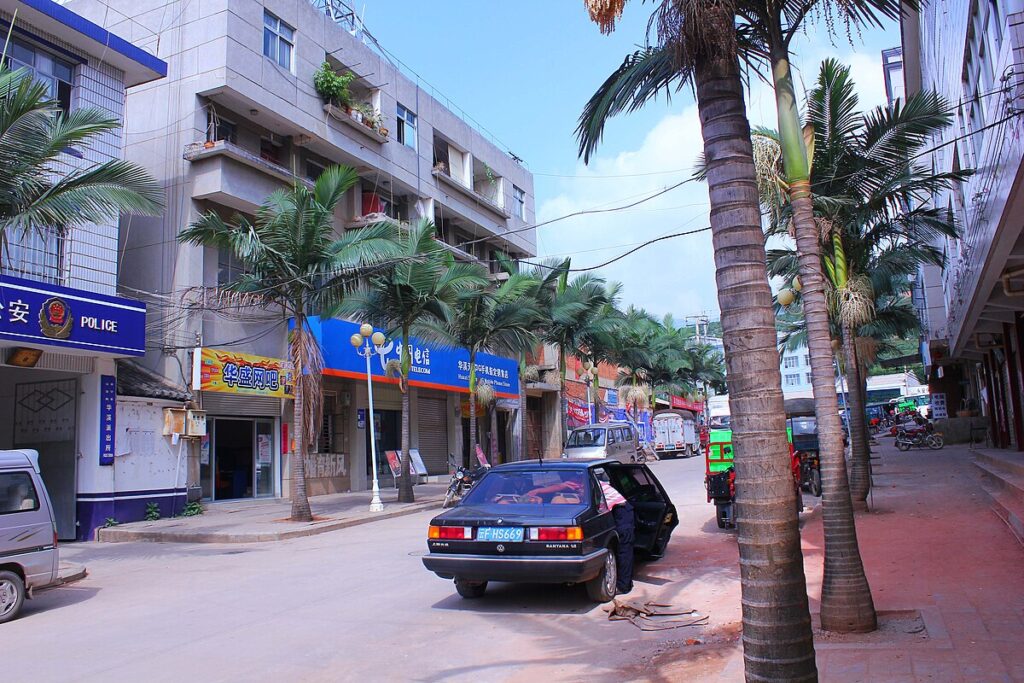
Huaxi, by contrast, was where things were constantly changing and where something new seemed to be happening all the time. This time we were there in October and it was a time of great excitement because the village celebrated its 50th anniversary earlier that month. The biggest highlight of the celebrations was the inauguration of the 74-story hotel –Longxi International Hotel – which we would visit during our stay in Huaxi. We were to stay at a modest hotel, 13 or 14-story – but would be guests in a luxurious boutique villa. It was a big surprise, obviously pleasant, but it showed how right contacts could get you privileges everywhere in the world, including in the brave new world of communism. Didn’t Huxley’s Brave New World or Orwell’s Animal Farm predict it all so long ago?
The Southern Weekend, a rebel publication that regularly published reports exposing the vicious party mafia in real estate business, coal mines and other fields, caused a sensation by publishing Li’s open letter.
We went up to our rooms in the hotel at Huaxi where we were booked and began to unpack. I just called up Li Changping in Beijing to tell him we had arrived at Huaxi, as I had promised to do when we met in Beijing. Moments later, I got a call from the hotel reception, saying I had a visitor. I never knew any one at Huaxi, so I wondered who could have come to visit me at the hotel. I and Kevin went down to the reception. The visitor was from the “propaganda department” of the Huaxi village government. He told us that we had to check out of the hotel as our stay had been arranged at a guest house in the village. This was done by none other than Li Changping.
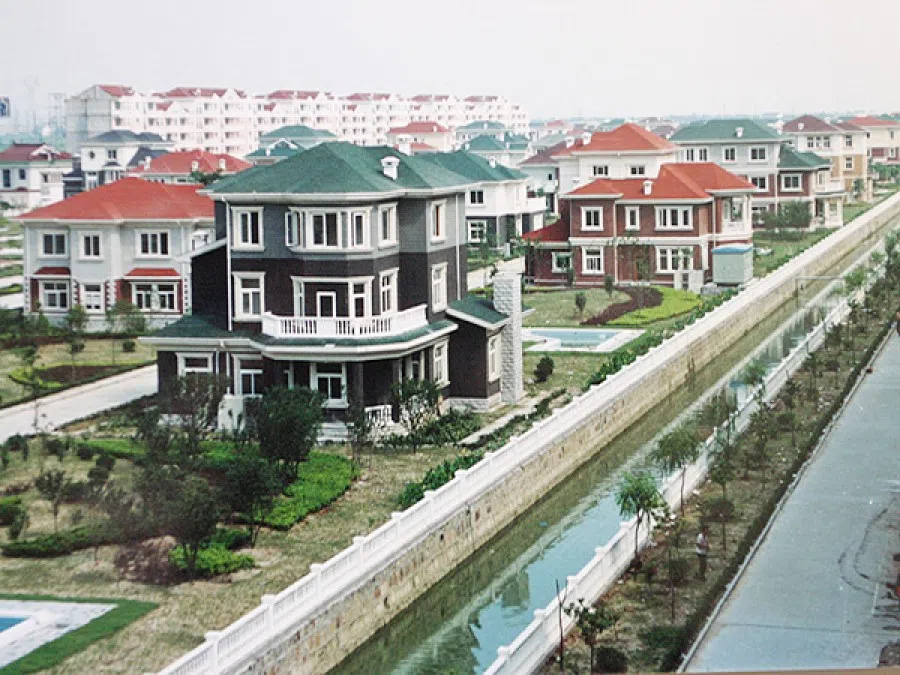
Li was a famous man in China at the time. No, he wasn’t a big party boss nor did he hold any big post. Yet, he was respected and admired by social activists as well as in government circles. In 2000, Li, then a farmer and the party secretary in a little-known village in Hebei province, shot into the limelight and even made headlines in major international media for daring to do something that small, village-level party leaders, let alone ordinary people, wouldn’t dream of doing. He wrote a long letter to the then premier, Zhu Rongji, exposing the plight of farmers, their burden of debts, endemic poverty and the corruption of local communist party functionaries who ruthlessly exploited the poor farmers and piled up their own ill-gotten wealth.
Also Read: Cosmopolitan Club, Tagore, and UIUC: A Brief History of 100 years (Part: 1)
Not that such descriptions of village life and the party’s tyranny were unknown in China – for all the glitter of reforms that post-Deng China boasted, the economy and the society were totally in the iron control of the party-favoured class of the new rich. The letter could have disappeared in the dusty files of government and party bureaucracy. But The Southern Weekend, a rebel publication that regularly published reports exposing the vicious party mafia in real estate business, coal mines and other fields, caused a sensation by publishing Li’s open letter. What was unusual was that Li was not punished for his exposure, but was called over to Beijing by the party and government bosses. His complaints were taken seriously and addressed during the implementation of the “new socialist countryside” programme. It also led, at least partially, to farmers’ debts being waived.
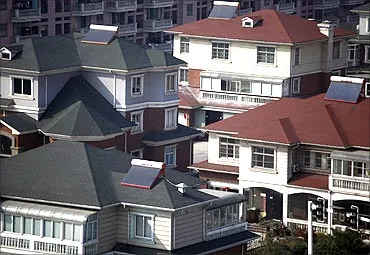
Li had become something of a celebrity not only to the “New Left” radicals who were critical of the mounting economic inequalities and wanted a return to the cooperative models but also to farmers and village-level comrades. I wanted to meet Li in Beijing before my visits to the two villages of Xiaogangcun and Huaxi. He didn’t speak any English at all, but a friend in Beijing helped me get an interview with him and act as interpreter during our meeting at a tea house. He asked me to contact him once I arrived in Huaxi. That was the story behind our stay at the luxury guest house at Huaxi.
Once we moved into our guest house – I and Bhaswati in one suite and Kevin in another – we knew how influential Li was. Our two-room suites were huge and lavishly furnished with a big bathroom adorned with glass fittings on the walls, a massive bathtub and other expensive items. Kevin, then a young man struggling to launch into a career, was simply awe-struck by the opulence and grandeur of the place. He could not stop taking video shots of the rooms, the beds, the furniture and everything else and showing these to his girlfriend. “On my god, I’ve never seen anything like this, let alone stay in a place like this”, he kept mumbling, “this is guanxi” (the Chinese word for powerful, influential contacts). We were taken around the great sights of Huaxi, including its grand 74-story hotel, which, ironically, had a statue of Mao at the entrance hall and a “golden” bull in one of the upper floor exhibition halls.
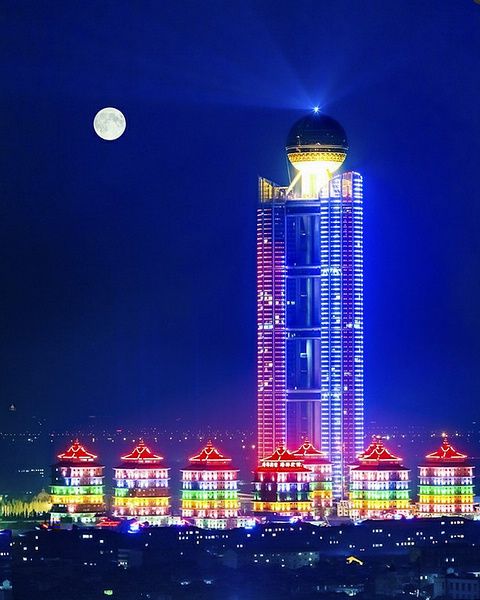
The Huaxi was bullish in its model for getting rich and wanted both its residents and visitors to feel that way. What the Mao statue was meant to convey in this monument to capitalism was hard to understand. But Wu Renbao argued that the New China owed as much to Mao as to Deng, no matter what economic and social disasters China faced because of Mao’s policies during the Great Leap Forward and the Cultural Revolution.
Also Read: Books That Burst Out of Windows and Spiral Into Infinity- Part 1
But the question that policymakers, social activists, and even Huaxi’s own residents increasingly asked was “What after Wu?” Could the Huaxi experiment continue to succeed after Wu was gone from the scene? The question “Who after Wu” was not difficult to answer. By the time I visited Huaxi the second time, Wu was gone and one of his sons had succeeded him as the village party head. Dynastic politics exists everywhere and in all forms of government, be it a democracy or a dictatorship. In China, however, leaders and political dynasties are made and unmade by the Party.
Photo Courtesy: Pinterest, Rediff, Vagabond Journey, Think China.
Ashis Chakrabarti is a former Senior Editor with The Telegraph, Kolkata. He has also worked with several other newspapers, including China Daily in Beijing. He has travelled widely.


